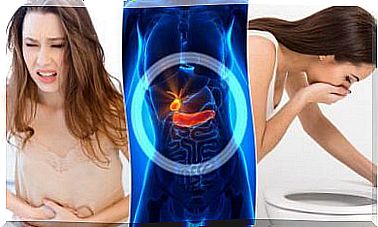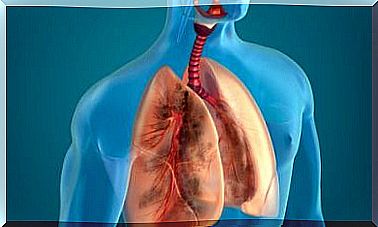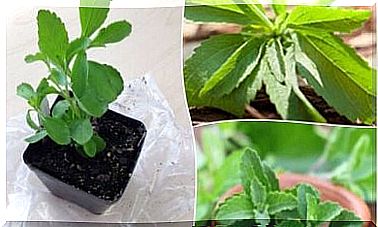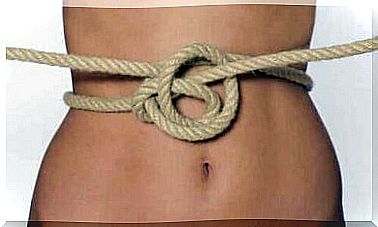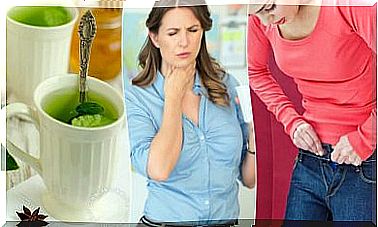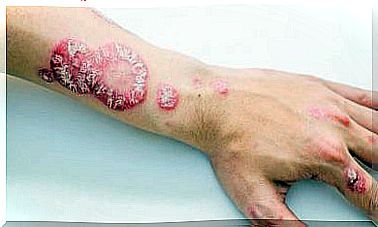How To Maintain Your Bone Density After Menopause
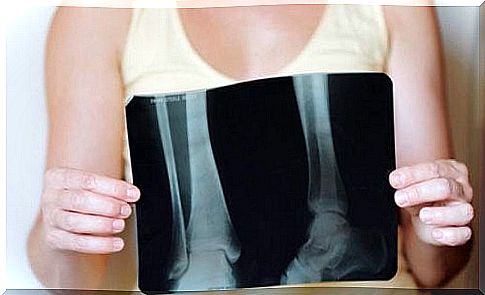
How to maintain your bone density after menopause. All women begin to undergo changes in their body during menopause due to the hormonal changes it causes.
Due to the reduced production of estrogen, the risk of developing various chronic diseases, including different types of cancer, diabetes and osteoporosis, increases.
The latter requires special attention as the loss of hormones causes a decrease in bone density, which increases your risk of developing the disease.
In recent years, it has been established that during the last 5 years after menopause, a woman may experience a reduction in bone density of 2-6% each year.
Therefore, it is recommended that when you reach this stage, that you develop healthy habits that will help you maintain it.
What is the relationship between bone loss and bone density after menopause?
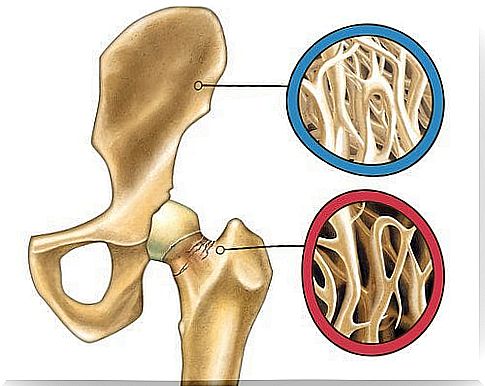
From the first few years of life until approx. At the age of 30, the body has the ability to maintain a balance between bone loss and its production. So between the ages of 30 and 35, the loss begins to occur faster than the body can replace it, which makes it really important to start increasing one’s production.
With the cessation of menstruation after reaching menopause (at about 50 years), the loss of bone density accelerates significantly, and due to the reduced levels of estrogen, the bones become weak and susceptible to fractures.
Who is most prone to losing bone density?
Women with a family history of osteopenia or osteoporosis are at greater risk of developing this problem. However, the following factors may also influence the development of this disease:
- To be too thin or small.
- Obesity.
- Taking corticosteroid medication.
- Hyperthyrodism.
- Eat a diet that is low in calcium and vitamin D.
- Excessive alcohol consumption or smoking.
- Sedentarism.
Is it possible to minimize bone loss?
Once lost, bone density is difficult to restore. But there are things you can do to reduce the risk such as adopting a healthier lifestyle to avoid it so that the health of your bones is not endangered.
Adoption of the following habits is recommended before and during menopause to prevent accelerated reduction in bone mass and bone diseases.
Consume more calcium

Calcium is one of the most important minerals for bone health as it is a key component in bone composition.
Between the ages of 30 and 35, daily intake of 1200 mg of calcium is recommended. So, as menopause approaches, the dose should be increased to 1500 mg of calcium a day.
The best sources of calcium include:
- Milk and dairy products
- Greens, leafy vegetables such as kale, broccoli and cabbage
- Cold water fish
- Soy and rice milk
- Orange juice
- Calcium supplementation
Avoid consuming too much sodium
The kidneys filter calcium with sodium, so consuming a lot of sodium can be harmful to your bones.
Salted foods, table salt and any source of sodium increase the excretion of calcium in the urine.
Vitamin D

The body requires a good dose of vitamin D to absorb calcium and integrate it into the bones.
Adults require 800 IU (International Units) of vitamin D every day. After 50 years, this amount rises to 1,000 IU per day.
Sources of vitamin D include:
- Cereals enriched with vitamin D.
- Milk
- Egg yolks
- Saltwater fish
- Liver
Sunlight allows the skin to produce vitamin D, but the exposure should be moderate as it increases the risk of skin cancer and other changes in the skin.
exercise
One of the best ways to keep your bones healthy and strong is through exercise.
Getting the body moving by jogging, walking, swimming, weightlifting or with other exercises maintains bone density and helps prevent osteoporosis.

